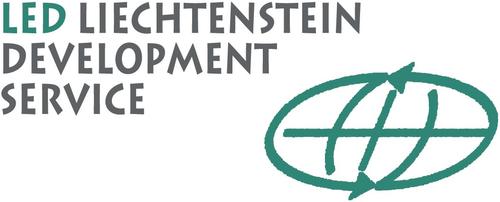Zambia: Decentralised nurse training
Through an innovative training model, SolidarMed is helping reduce the shortage of nurses.

Closing gaps in healthcare
In rural Zambia, there is a severe shortage of health workers. The country’s rapid population growth is further exacerbating this gap in healthcare provision. Nurses and midwives form the basis of the health system but there are not enough to meet the population's needs. A training model that was tested by SolidarMed and recognised by the Ministry of Health is designed to close this gap.
Key facts about the project
-
Aim of the project
To meet the demand for healthcare workers to serve Zambia’s rural population.
-
Target groups
Ten nursing colleges and the student nurses and midwives studying there.
-
Milestones
Successful pilot of the training model to start with and now rollout to nursing colleges throughout the country.
Key facts about the project

Zambia

Enhancing quality through rotation
SolidarMed successfully piloted a new training model at St. Luke’s College of Nursing in Mpanshya. Previously, student nurses could only gain clinical experience in the hospital that was directly affiliated with their training institution. Since the rollout of a decentralised training model, trainees now rotate between different hospitals every few months. This benefits students as it allows them to become familiar with more clinical cases, which in turn enhances quality. The number of graduates has grown considerably every year as several training categories can now be run in parallel.
Scaling up to all provinces
Following the successful pilot at St. Luke’s College of Nursing, SolidarMed scaled this decentralised approach up to two other colleges between 2019 and 2022. Due to its obvious success, the Ministry of Health and the Nursing and Midwifery Council of Zambia have decided to implement the decentralised model throughout the country in partnership with SolidarMed. The training model will soon be adopted at a total of ten colleges in all of Zambia’s provinces.

«The training model developed at St. Luke's School of Nursing has now become a model for other nursing colleges.»
Joy-Desta Brandsma, Project Manager Nursing
In collaboration with

Hilti Foundation
Learn more
Liechtenstein Development Service LED
Learn moreLatest news from Zambia
Discover stories and news from our projects in Zambia.








